Talking with children about suicide may seem like a dangerous thing for any parent to do. It is frightening to imagine any child experiencing suicidal thoughts so it’s understandable that parents today are fearful of bringing up this scary topic. Parents often fear that talking about suicide will increase the likelihood of suicidal thoughts in children. The data does not support this fear. Talking with kids about suicide is an important protective act that parents can do to help prevent the tragic outcome of a suicide attempt or completed suicide. Regardless of a child’s age, it is important for parents to teach children the basic truth that sometimes life hurts. Emotional pain is a universal experience that children need to know is not special or shameful. Even young children can learn that a parent’s “heart hurts,” when they are sad or upset. They can even learn how to care for loved ones with hurting hearts such as giving hugs, going for a walk together, preparing food or simply being present. Once children begin to form peer relationships, parents can teach the language of emotions by acknowledging hurt feelings before jumping in to make a child feel better. A simple, “that must have hurt,” or “were you disappointed?” is an invaluable lesson that hurt is tolerable especially when it is shared.
A strong foundation about the commonness of hurt is helpful when talking with children about suicide. It is a wonderful first step. Young kids can also learn that when the body hurts, it sends a pain signal to the brain that makes the body say, “ouch.” A sick stomach sends a nausea signal and the body vomits and a broken foot creates a pain signal and walking hurts. When the brain is hurt, there is nowhere to send the signal. Instead the brain makes thoughts that signal that it is hurting. Sometimes the signal creates sticky thoughts in the brain that won’t go away. Sometimes those sticky thoughts are about death and dying. If the brain makes these thoughts about dying or about doing things that can cause death, it is really important for a child to know that it is a signal that the brain is sick and needs help. Parents can guide children not to keep these thoughts secret or try to make them go away. Parents can teach children that these thoughts are something that can be helped by talking to a counselor or doctor. Instead of triggering suicidal thoughts, parents can think of this type of education like a vaccination. It lets the child know ahead of time that things like this happen, so that if they happen, the child is not ashamed. Instead, a child can be prepared so that they are ready to respond by alerting the parent.
In older children and teens, this type of simple language is not always necessary. Teens can be taught that stress, disappointment, hurt and shame are usually tolerable. But when they are not, the brain can become overwhelmed and thoughts about death or trying to die on purpose are the way the brain signals that it is not okay. They can be taught that it is not unusual for this to happen. In fact, most people, if they are honest, have had at least passive thoughts of death. A bad break up, a terrible mistake or a huge setback are enough for most people to have a thought about whether it is worth it to keep on living. These thoughts are nothing to feel shame about, but they are a sign to ask for help. This is a good opportunity for parents to share their own stories and responses to big life hurts. Teenagers need to know that parents will not be ashamed or disappointed in them if they have these thoughts. In fact, teens that know that their parent expects them to talk about these types of thoughts and feelings and that these thoughts and feelings are a part of life are more likely to ask for help if they need it. Just as people do not wait to get sick before they vaccinate their child, parents of teens can choose to prepare teens for the full range of negative emotions.
Emotional pain is something that all people experience. Building a child’s understanding and tolerance for emotional pain is part of the developmental process. All people, young and old, need to know that pain is a part of life. Pain is a sign that a person is alive, that they care and are moved by the ups and downs of life. People are usually able to withstand it, but not if they are isolated, not if they are alone, and not if they are ashamed. For more information about suicide prevention in children and teens visit https://www.samhsa.gov/resource/dbhis/preventing-youth-suicide-tips-parents-educators
Or for harder conversations or if your child has disclosed suicidal thoughts or thoughts of death, seek the help of a qualified doctor or therapist.
The ICD Crisis: How the U.S. Withdrawal from WHO Threatens Your Practice’s Ability to Get Paid
The ICD Crisis: How the U.S. Withdrawal from WHO Threatens Your Practice's Ability to Get Paid On January 22, 2026, something happened that most therapists barely noticed, yet it threatens the fundamental infrastructure of how we get paid for our work. The United...


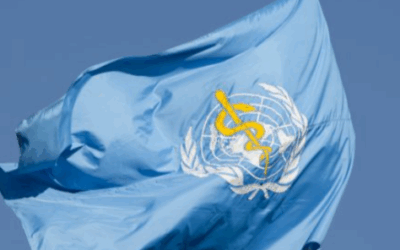
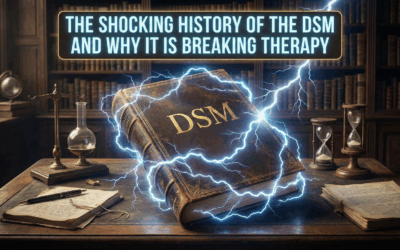


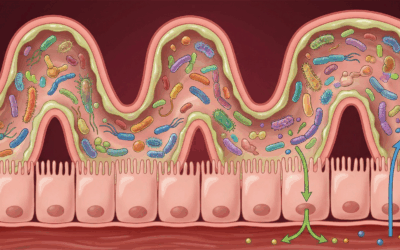
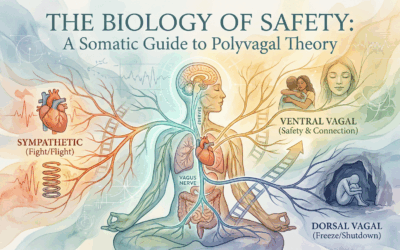
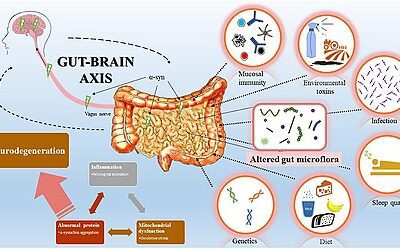








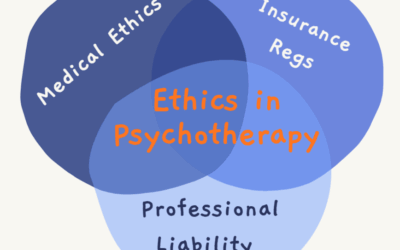
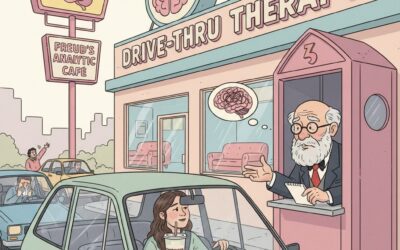








0 Comments